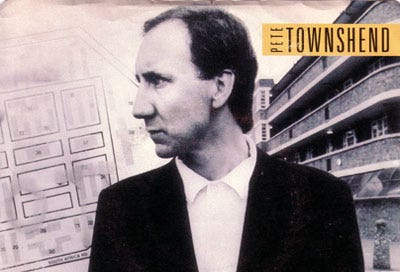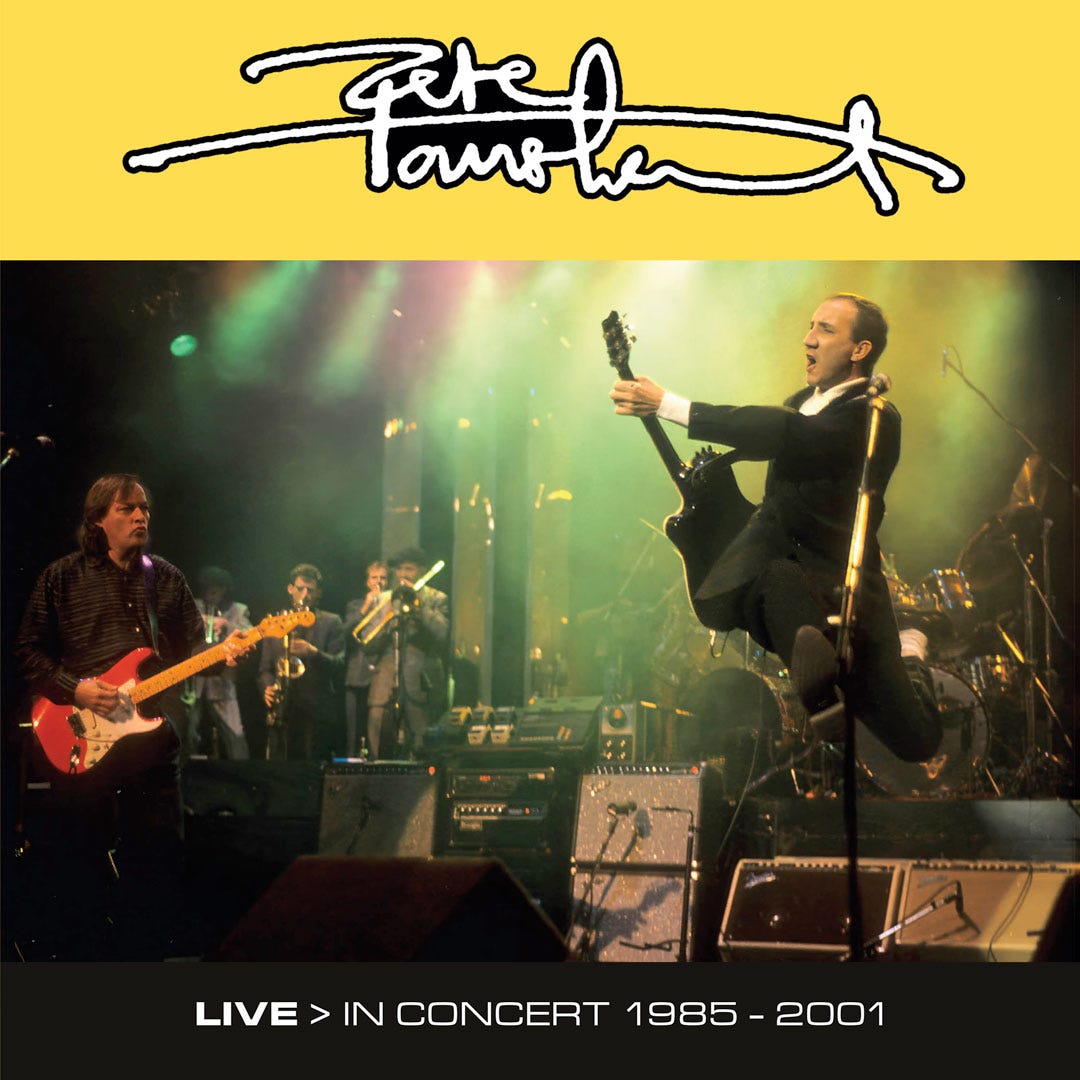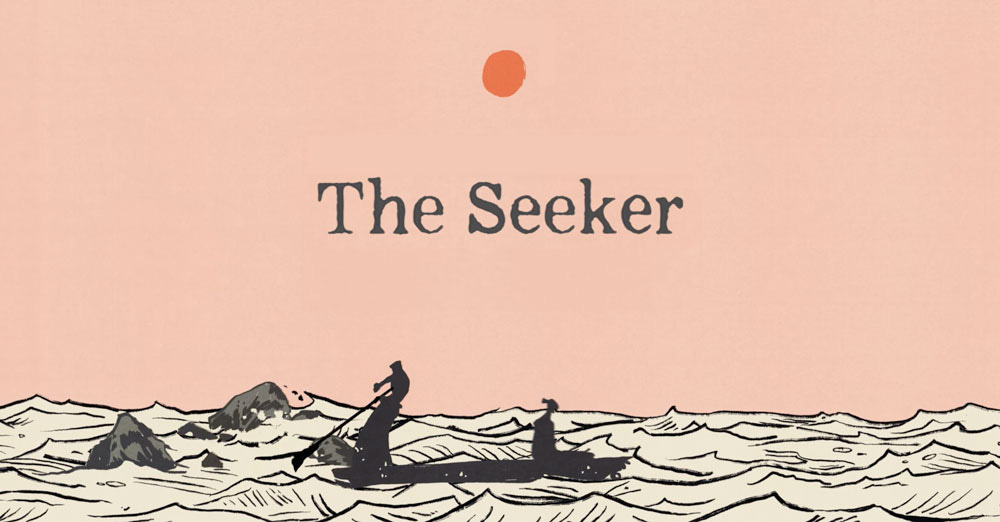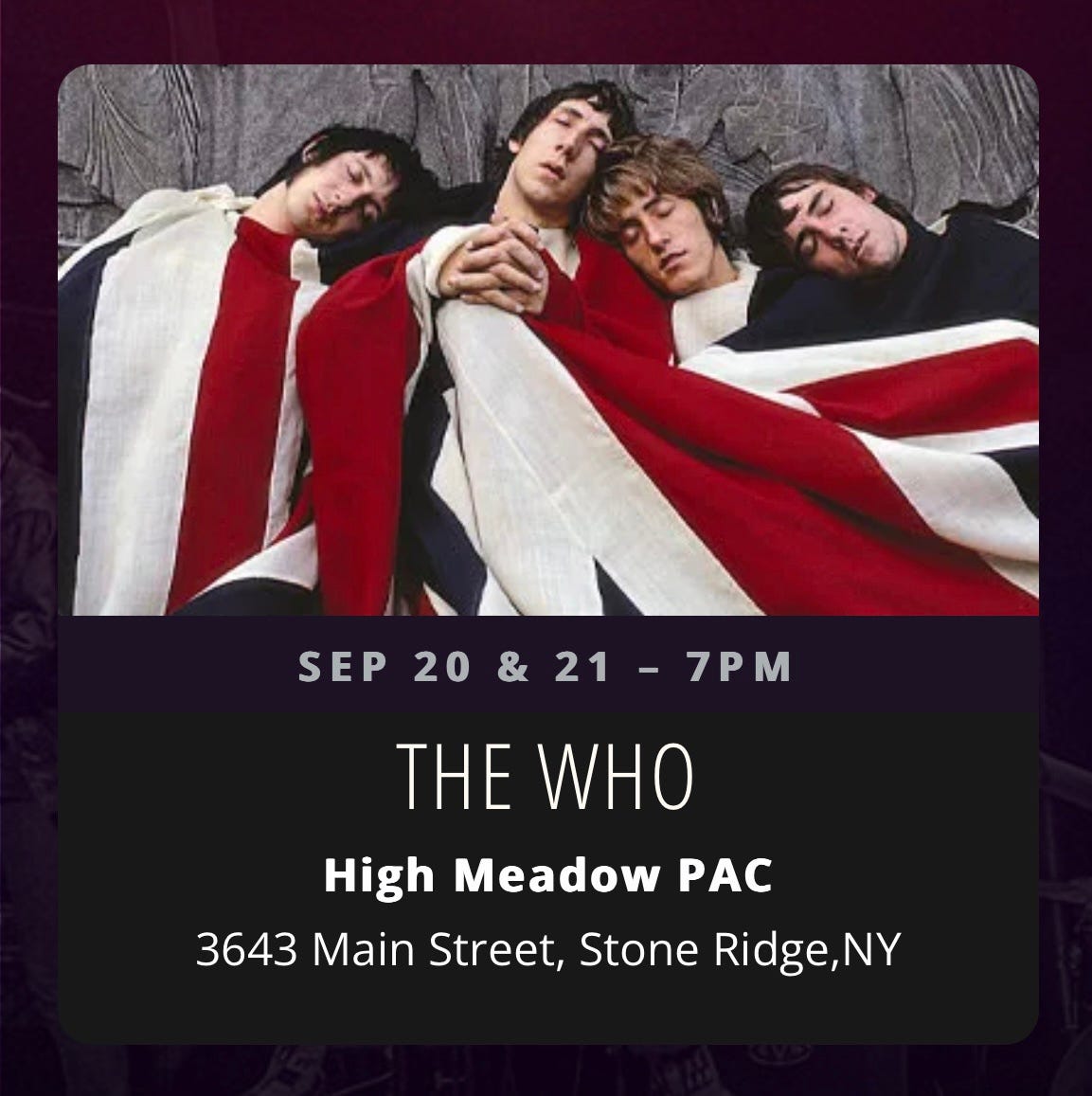"Heroin comes along and offers you something you never ever thought you were looking for."
Part 2 of my epic 1985 interview with Pete Townshend.
If you missed the first part of my epic two-hour, 12,000-word interview with Pete Townshend from spring 1985, please follow this link for the introduction and set-up. Working through this mammoth second half over the last week, and having the benefit of a well-preserved cassette to help me fill in some gaps from what originally ran in Jamming! or was on my transcript I’d also faithfully preserved through the decades, I feel like I can only reiterate what I wrote in that original introduction, that “I am equal parts stunned and surprised by just how damn good it is, even allowing the rich firmament of Townshend interviews over the decades.” (This second part is also the longest post I’ve put on Substack, so if you are in for the whole thing, grab a laptop and prepare for a lengthy read!)
From Pete’s eloquent discussion of heroin’s reluctant appeal, its instant effects, and its addictive aftermath, to his discussion of potential solutions to the smack epidemic that was suddenly gripping the UK in the mid-1980s as an almost inevitable result of Thatcherite shock-tactic policies; from his confession about the problems with the post-Keith Moon Who that resulted in him breaking up the band a couple of years prior to our interview, to his hesitant explanation of forthcoming solo album White City, which was still in early stages when we talked; from his clear-headed assessment of rock’s creative and generational worth, his opposition to revolution(aries) and his desires to keep moving forward in every way possible; and with his usual frank detail of finances and an enthusiastic endorsement of the books he had commissioned in his role as an Associate Editor at Faber & Faber, it’s one wonderful quote after another…
“I don’t feel like a leader or like a spokesman, any of those things, and I don't think I ever really have, but I do recognise the fact that some of the things that I've done - though I don't fully understand them - have affected what people have come to expect from other bands perhaps, and from music and songwriting as a whole.”
…And as I also explained in that original introduction, while my questioning looks, in print, combative to the point of aggressive, it really does not come across that way on tape. Pete takes my criticisms on the chin, and rather than dismissing or denying them, endeavours to consider where and how they might be justified. It was a delight to listen back to, and I hope you’ll be equally enlightened if reading it. While the interview that follows, like many of my archive transcripts, is for paid subscribers only, I can assure you that it’s as good a transcript as any I have posted to justify making that leap. (Reminder: full subscription is less than a dollar/pound a week, gets you the full archives, exclusive posts like this and the Crossed Channels podcast.)
To bring Pete’s ambitions fully up to date: the last few years have seen a relentless burst of activity from a man who, now 79 years old, seems determined to make every minute count. Quite apart from his work with The Who, on the road and off, recent months have seen the release of a sprawling 14-C box set of his live recordings from 1985-2001. (The cover shot, below, is from one of two shows at Brixton Academy in November 1985, with David Gilmour on lead guitar; now there’s a dream team.)
He has also announced the arrival of a touring Quadrophenia ballet in conjunction with the Sadler Wells Theatre for next year, and the final unveiling of a musical named for his song The Seeker, to be premiered at the Theatre Royal, Drury Lane, this November. Based on the novel Siddharta by Herman Hesse, with words and music by himself and his (second) wife Rachel Fuller, narrated by Christopher Plummer and backed by the Royal Philharmonic Orchestra and the London Chamber Choir, it promises to be… something. Pete may not get what he’s after till the day he dies, but we’re getting a hell of a lot of output while he’s still with us.1
In the meantime, the music of The Who lives on with new generations. I will myself be directing a show of The Who’s repertoire for the finale weekend of our Rock Academy’s summer season in a couple of weeks, and I can vouch from our rehearsals thus far that the kids are down with it. (I can also attest that it’s harder music to replicate than most!) And so, thanks again to Pete for the time and for the honesty back in 1985 as in 1978, as well as for the words and music and everything else that has gone with it.
Going forwards, while I’ll continue to mine my Keith Moon biography interview transcripts, I’ll also be posting selected sections from the hundreds of other interviews I’ve conducted over the years. Thanks to you, readers and subscribers, for being part of this journey.
And now to the interview itself…








